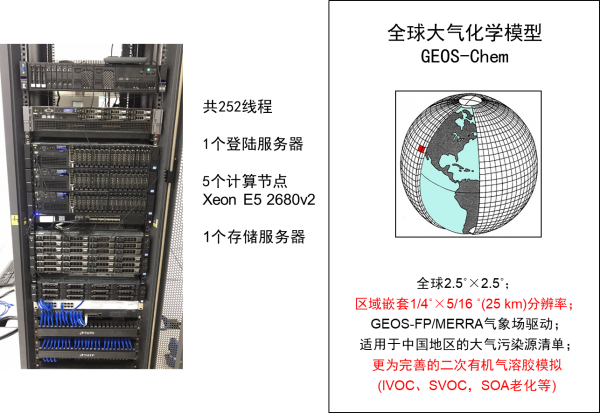Our research focuses on better understanding air quality problems in the developing countries and the health effects of air pollution. We use advanced mass spectrometry to quantify air pollutants and to study the chemistry under highly polluted conditions. We also use global or regional 3-D models of atmospheric composition to interpret ambient observations and to estimate the health risks of air pollutants.
CENTRAL TOOLS IN OUR RESEARCH
- Supersite observations: HToF-APi-CIMS, LToF-SP-AMS, PTR-QiTOF, ToF-ACSM
- Laboratory simulations: PAM flow reactor
- On-road measurements: Mobile lab equipped with online mass spectrometers and gas analyzers
- Chemical transport models: GEOS-Chem, Model E-GC, Machine learning tools
RESEARCH FOCI
(1) Understanding sources of organic aerosol in heavily polluted environment:
- We developed a novel system to detect non-refractory PM2.5/PM1chemical composition based on Aerodyne Time-of-Flight Aerosol Chemical Speciation Monitor equipped with a Capture Vaporizer. We do field observations for organic aerosol and investigate their sources.
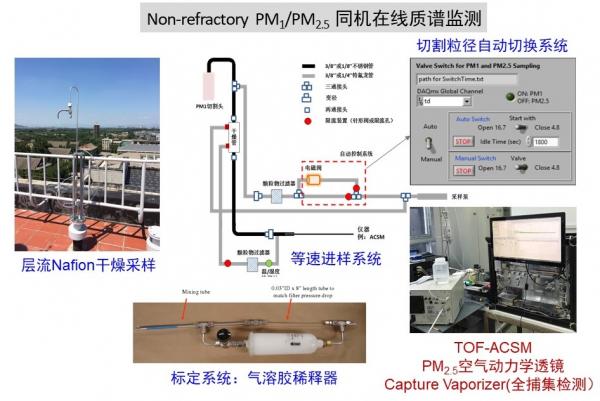
- We conduct OFR experiments in the lab to simulate the atmosphere. For such experiments, we use modern time-of-flight mass spectrometers (provided in a PKU CESE facility) to study the chemical composition and the evolution of specific SOA and their precursors.
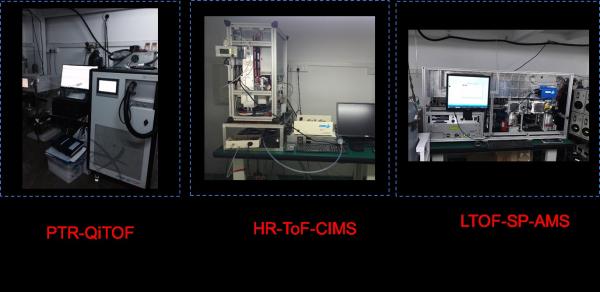
- Current projects also include on-road OFR experiments on a new mobile-lab platform for studying the secondary contribution of vehicle emissions to organic aerosol.
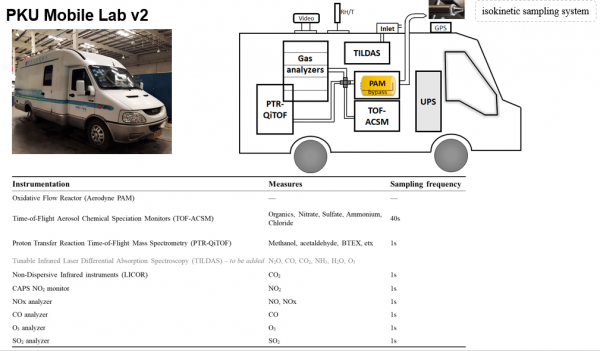
(2) Understanding the health and climate effects of PM:
- We have our own cluster (earth.pku.edu.cn) to support global/regional scale chemical transport model simulations. The current projects include simulations of PM2.5 in Asia to study the formation mechanism of PM components, and the build-up of energy-air quality-health connections to study energy policy effectiveness.
